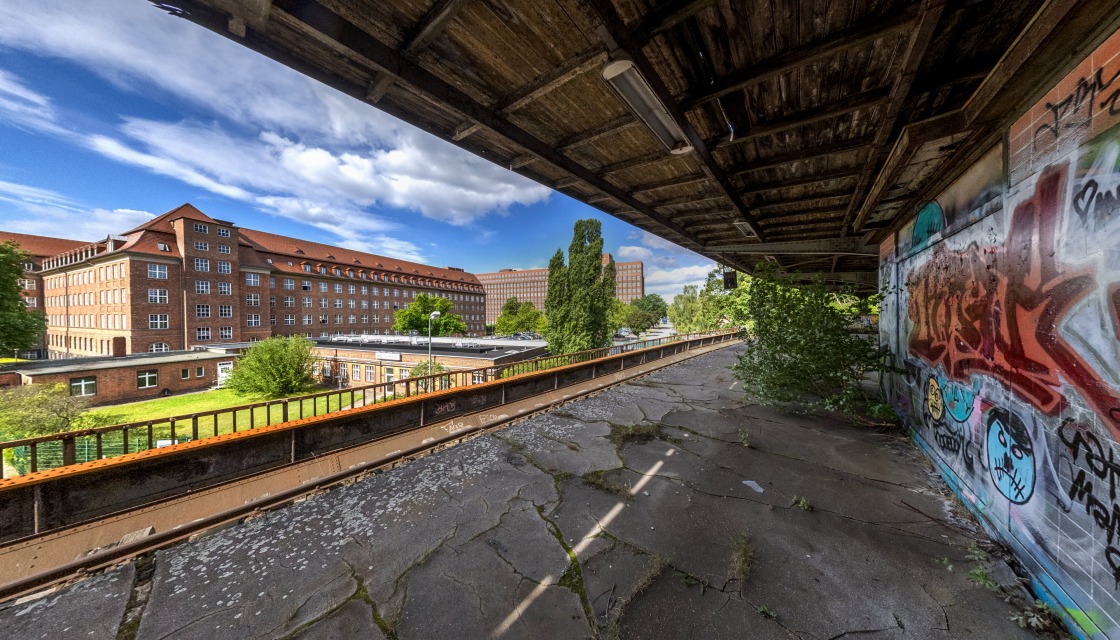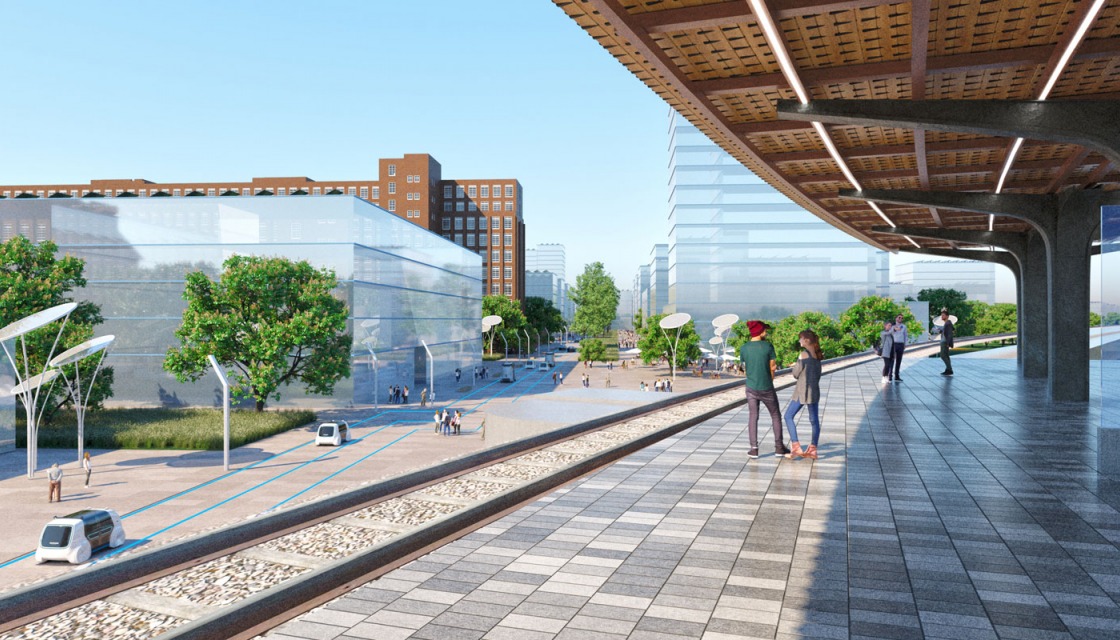Thessaloniki gets ready for its metro launch in November
The underground rapid transit lines have been under construction for almost two decades due to various project delays
 TheMayor.EU logo
TheMayor.EU logo Siemensstadt is one step closer to its new digital and automated rail system
The state of Berlin is funding the development of new digital railways as another component to the large-scale project Siemensstadt². Funding for the research “Berlin Digital Railway Operations” (BerDiBa) was approved on 2 June and the project will implement new technologies for automated trains, as well as artificial intelligence to detect obstacles and monitor changes in rail infrastructure. BerDiBa will cost 13.7 million euros and around half of that will be subsidized through the ProFIT program.
Siemensstadt² is a project for redeveloping Berlin’s district of Spandau, and run by Siemens. The neighbourhood is called Siemensstadt and was built by Siemens & Halske the predecessor of today’s company back in 1897. Now the enterprise claims it will create an open urban district of the future that combines work, research and life.
By 2030 they will integrate a slew of new technologies in the urban environment, having an area of over 70 hectares to tinker with. Currently, this is the company's biggest project.

The trainline in Siemensstadt has been overtaken by nature, Source: Siemensstadt, Siemens
At the same time, the digital rail system will be built on the currently derelict Siemensbahn S-Bahn line. This is a 4.5-kilometre track, closed down in the 1980s, which was supposed to connect the district with the centre of Berlin.
Now they are reviving it and it will become an integral part of the research project. For four years, the track will provide “Berlin Digital Railway Operations” with real operational conditions, where they can test the automated train system.
The project will build a digital clone (twin) train that will use data about the condition of a real one, both on the interior and exterior, as well as the environment and infrastructure conditions. These trains will be paired as the automation systems are tested in a controlled environment. Data will be collected through an amalgamation of archived and real-time data from various sensor systems on the tracks and vehicles.
 The trains of the future are very near, Source: Siemensstadt Siemens
The trains of the future are very near, Source: Siemensstadt Siemens
The research will allow for better decisions on how to implement digital, fully automated real-time control of rail operations in the future.
Senator for Economic Affairs Ramona Pop was quoted in a press release, saying: “Automation and networking are central for the traffic and mobility turnaround. Digitization is the key to sustainable and environmentally friendly transport of people and goods by rail.”
If you want to keep up with how European cities and regions are changing, follow us on Facebook, Twitter and Instagram.

The underground rapid transit lines have been under construction for almost two decades due to various project delays

Now you can get your wine in Talence by paying directly in Bitcoin

That’s because the state has to spend money on updating the railway infrastructure rather than subsidizing the cost of the popular pass

Rethinking renewable energy sources for the urban landscape

The examples, compiled by Beyond Fossil Fuels, can inform and inspire communities and entrepreneurs that still feel trepidation at the prospect of energy transition

Now you can get your wine in Talence by paying directly in Bitcoin

The 10th European Conference on Sustainable Cities and Towns (ESCT) sets the stage for stronger cooperation between the EU, national and local level to fast track Europe's transition to climate neutrality.

At least, that’s the promise made by the mayor of Paris, Anne Hidalgo

The underground rapid transit lines have been under construction for almost two decades due to various project delays

At least, that’s the promise made by the mayor of Paris, Anne Hidalgo

Hostal de Pinós is located in the geographical centre of the autonomous region

Despite its church-y name, the district has long been known as the hangout spot for the artsy crowds

Urban dwellers across the EU are having a say in making their surroundings friendlier to people and the environment.

Forests in the EU can help green the European construction industry and bolster a continent-wide push for architectural improvements.

Apply by 10 November and do your part for the transformation of European public spaces

An interview with the Mayor of a Polish city that seeks to reinvent itself

An interview with the newly elected ICLEI President and Mayor of Malmö

A conversation with the Mayor of Lisbon about the spirit and dimensions of innovation present in the Portuguese capital














